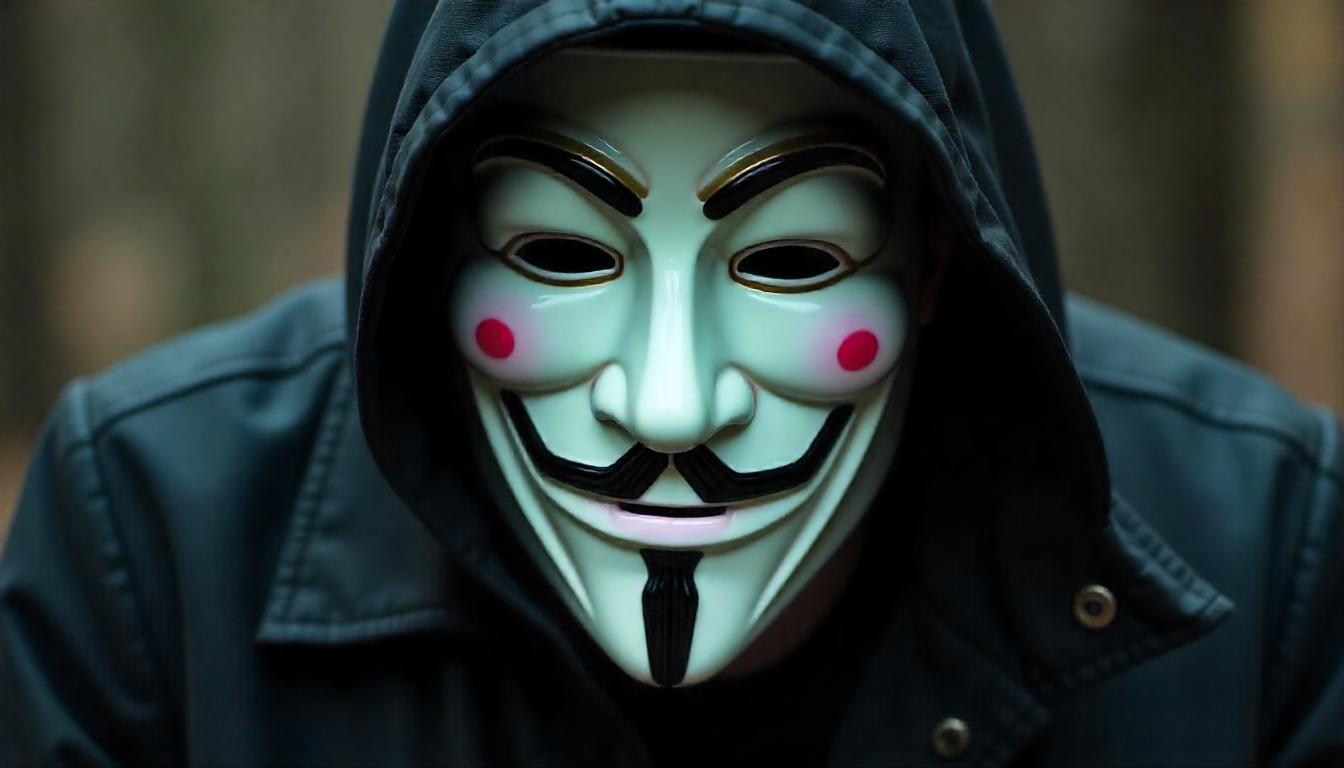In the world of modern-day hacktivism, no name rings louder than Anonymous. The faceless, leaderless collective of digital rebels rose to fame in the early 2000s with headline-making operations against governments, corporations, and even extremist groups. But two decades later, a question lingers: Has Anonymous truly inspired a new generation of cyber activists, or merely a wave of imitators riding the digital rebellion wave? Let’s unpack this question with a simple, honest, and human perspective.

The Origins of Anonymous: Chaos with a Cause
This event marked a shift. Anonymous moved from joke culture to genuine cyber activism. Their attacks weren’t just technical anymore—they carried political, ethical, and social messages. That’s where the inspiration began.
A New Breed of Digital Warriors
There’s no denying Anonymous influenced a generation. Young tech-savvy individuals started seeing keyboard and code as tools of protest. Unlike traditional activists who march with placards, these new digital warriors march through servers and data systems.
Think of groups like LulzSec, GhostSec, or even newer ones on platforms like Telegram and Reddit. While some follow a similar anti-authoritarian message, others use the same methods for fame, mischief, or personal agendas. It’s a blurred line—are they activists or opportunists?
Cyber Activism in 2025: A Mixed Legacy
Today, the world is different. Surveillance is tighter. Encryption is better. And governments are smarter at tracking cybercrime. In this landscape, true hacktivism is both riskier and rarer. Yet, we still see digital protests:
-
When Russia invaded Ukraine, a group claiming to be Anonymous took down Kremlin websites.
-
After the Iran protests, cyber warriors disrupted government propaganda machines.
-
During climate activism, websites of fossil fuel giants got temporarily disabled.
These acts aren’t just about hacking. They’re about making a statement, creating noise, and showing solidarity. But not all of them carry the same spirit. Many “hacktivists” today claim to be Anonymous without truly understanding its original values. Some use the name to gain followers or media attention. That’s where the imitation kicks in.
Imitators vs. True Believers
So how do you tell the difference between a real cyber activist and an imitator?
Here’s a basic way to look at it:
| Trait | True Activist | Imitator |
|---|---|---|
| Goal | Social justice, transparency, anti-censorship | Personal fame, chaos, ego |
| Method | Strategic, symbolic attacks | Random or illegal stunts |
| Ethics | Tries to avoid civilian harm | Collateral damage doesn’t matter |
| Public Statement | Clear messaging | Vague or attention-seeking |
A true cyber activist often wants to open a dialogue, not just cause disruption. Their actions might be illegal, but they’re grounded in a sense of justice. Imitators, on the other hand, are often driven by clout, not cause.
The Power of Influence: What Anonymous Got Right
Despite the chaos, Anonymous did one thing very right—they democratized digital protest. You didn’t need to be part of a secret group. You didn’t need formal training. If you had a computer, a cause, and courage, you could join in. They proved that ordinary people could take on powerful institutions. That message still echoes today. Even if some modern “hacktivists” are just copying tactics, the fact that they’re engaging with social issues—even messily—is a form of indirect inspiration.
Is Anonymous Still Active?
This is the big mystery. Because Anonymous has no formal structure, it never truly disbands. You can’t join it officially, and you can’t leave it. Anyone can wear the mask. Anyone can post a message signed “We are Anonymous.” This leads to fragmentation. Some campaigns carry powerful messages. Others feel hollow or even suspiciously manipulated. So yes, the spirit of Anonymous lives on—but its identity has diluted.
What the Future Holds
Going forward, cyber activism will evolve. AI tools, blockchain, deepfakes, and tighter cyber laws will reshape the battlefield. But the idea of digital resistance is here to stay. We might not see another group like Anonymous in the same form. But what it started—a belief that the internet can be used to challenge power—has left a mark on generations. Even if many are just imitators, the original flame still burns somewhere behind the screens.
Final Thoughts: Inspiration Doesn’t Need Perfection
Here’s the honest truth: not all those inspired by Anonymous will walk the ethical path. Some will fall into the trap of online fame or reckless digital vandalism. But if even a few young minds decide to use their coding skills to defend freedom of speech, fight corruption, or highlight injustice, then Anonymous did more than create noise—they created a legacy. A messy, complicated, controversial legacy—but a legacy nonetheless.